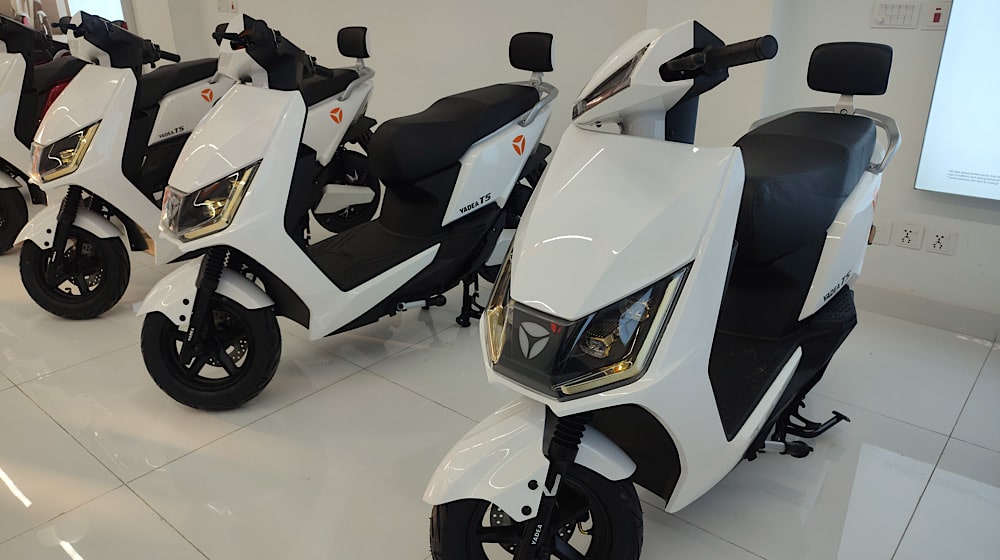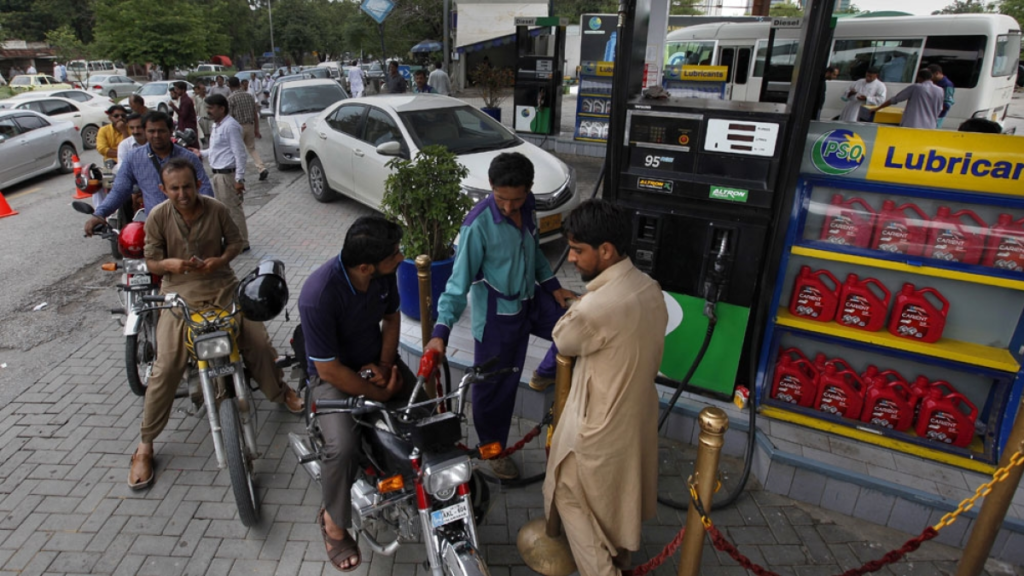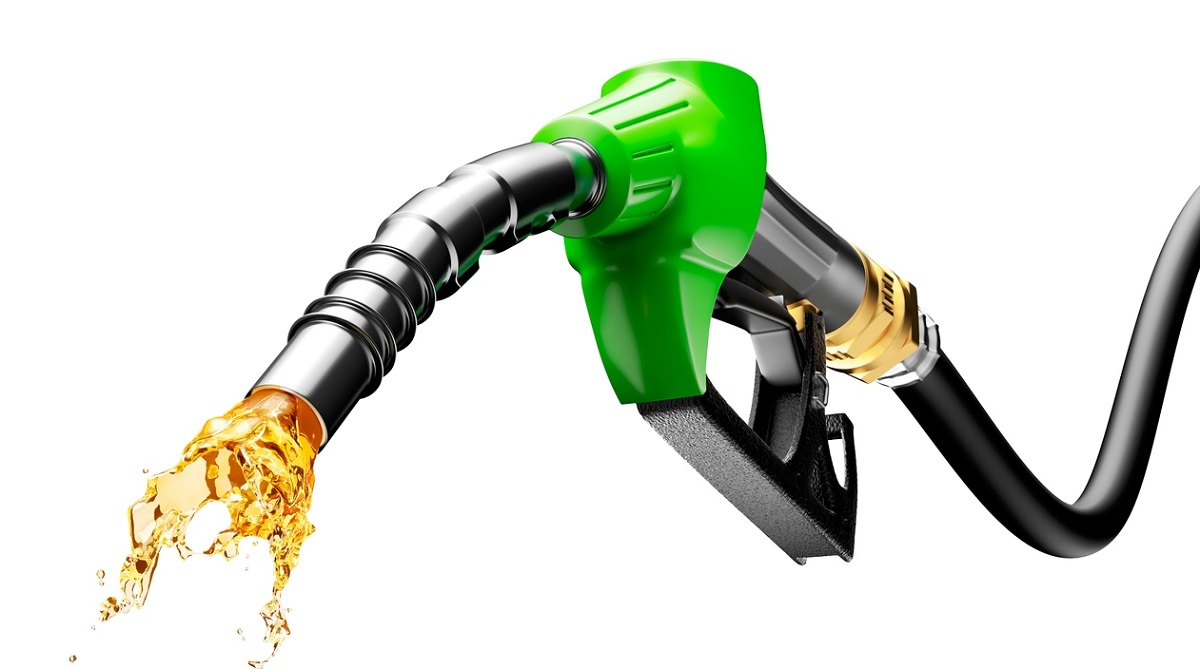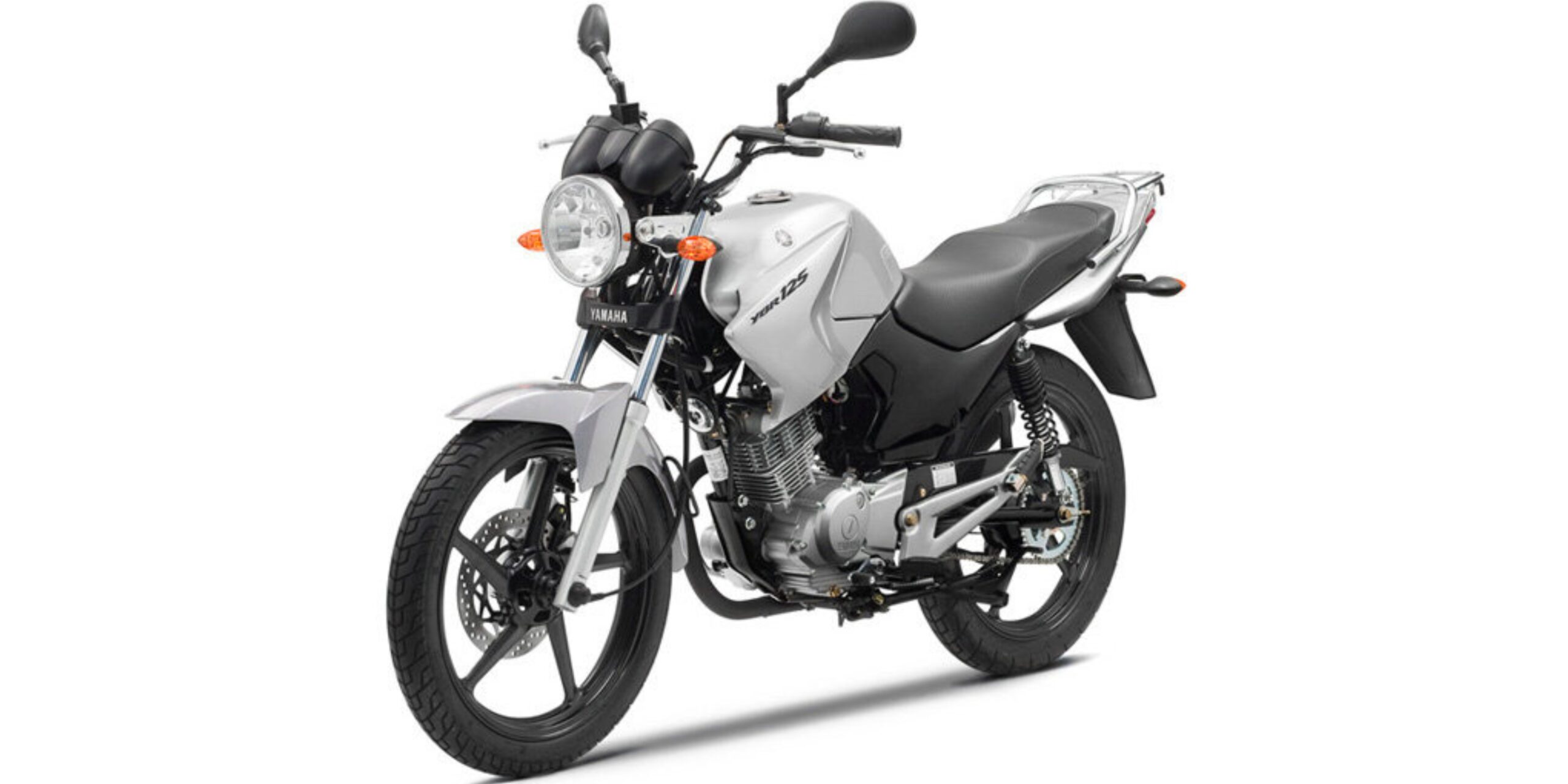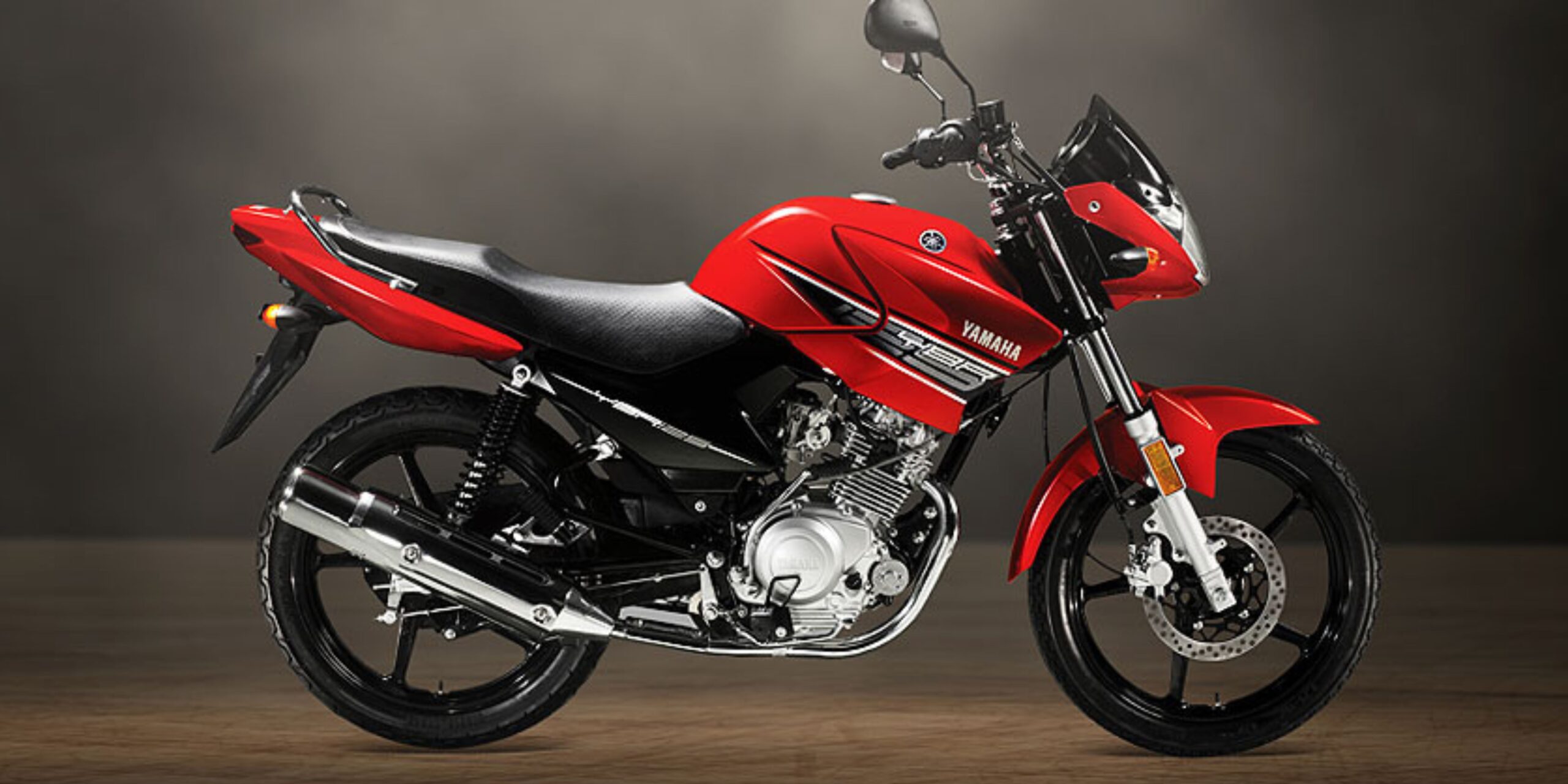In recent years, Pakistan has witnessed a remarkable transformation in its transportation landscape, and at the heart of this change are electric bikes, or e-bikes. These eco-friendly two-wheelers are not just a mode of transportation; they represent a revolution in how we move around our cities.
Electric bikes have gained significant momentum as a sustainable and efficient solution to Pakistan’s urban mobility challenges. They offer numerous benefits, from reducing traffic congestion to cutting down on air pollution. The quiet, electric hum of these bikes is becoming increasingly familiar on the streets of major cities.
As we delve deeper into this blog, we’ll explore the rise of electric bikes in Pakistan, the multitude of advantages they bring to the table, their positive environmental impact, the challenges faced by the industry, and what the future holds for this transformative mode of transportation. Let’s embark on a journey to discover how electric bikes are truly a game changer for Pakistan’s transportation.
The Rise of Electric Bikes in Pakistan
In recent years, Pakistan has seen a remarkable surge in the adoption of electric bikes. These battery-powered two-wheelers have gained immense popularity due to their eco-friendly and cost-effective nature. With the growing need for sustainable transportation, electric bikes have become a common sight on the streets of major cities like Lahore, Karachi, and Islamabad.
Electric bikes are not only a convenient mode of commuting but also a solution to traffic congestion. As more people seek alternatives to conventional gasoline-powered vehicles, e-bikes are taking the spotlight. This shift towards cleaner and quieter transportation is transforming the way Pakistan moves.
In conclusion, the rapid rise of electric bikes in Pakistan reflects a positive change in the country’s transportation landscape. As the demand for eco-friendly and efficient commuting solutions continues to grow, e-bikes are poised to play a pivotal role in shaping the future of urban mobility in Pakistan.
Benefits of Electric Bikes for Pakistan’s Urban Mobility
Electric bikes offer a myriad of benefits for urban mobility in Pakistan. These electrically assisted bicycles are an excellent choice for commuting in congested cities. They provide a sustainable and cost-effective mode of transportation, reducing the reliance on traditional fuel-driven vehicles.
One of the significant advantages is the environmental impact. E-bikes produce zero emissions and contribute to a cleaner atmosphere. Additionally, they are economical, requiring less maintenance and no gasoline expenses. Moreover, electric bikes offer a healthy and active lifestyle by promoting cycling.
The convenience and ease of maneuvering through traffic, especially during rush hours, make e-bikes a practical choice. They also help to reduce traffic congestion and associated problems. With a growing emphasis on sustainability, electric bikes are becoming a game-changer in Pakistan’s urban mobility.
In conclusion, the benefits of electric bikes for Pakistan’s urban mobility are multifaceted. From environmental advantages to cost-effectiveness and improved traffic flow, e-bikes are revolutionizing the way people move in cities. This sustainable mode of transportation is not only a game-changer but a step towards a greener and more efficient future.
E-Bikes and Environmental Impact in Pakistan
The environmental impact of electric bikes in Pakistan cannot be overstated. These eco-friendly two-wheelers are making significant contributions to reducing air pollution and carbon emissions in the country. By replacing gasoline-powered vehicles with electric bikes, we’re taking steps towards a cleaner and healthier environment.
E-bikes produce zero tailpipe emissions, making them a sustainable alternative. They also help in conserving energy and reducing our carbon footprint. As more Pakistanis choose e-bikes for their daily commute, the impact on air quality becomes evident, especially in densely populated urban areas.
The use of electric bikes is a commendable effort in addressing Pakistan’s environmental challenges. It represents a sustainable shift towards a cleaner and greener future.
In conclusion, the environmental impact of electric bikes in Pakistan is overwhelmingly positive. By choosing e-bikes, individuals are actively contributing to cleaner air, reduced carbon emissions, and a more sustainable future. The growing adoption of electric bikes is a step in the right direction for Pakistan’s environmental well-being.
Challenges and Opportunities in the E-Bike Industry
While the electric bike industry in Pakistan is on the rise, it is not without its challenges. The primary challenge is infrastructure development, including charging stations and bike-friendly roads. Addressing these issues will be essential for the long-term success of the e-bike industry.
Despite the challenges, there are significant opportunities. The e-bike market is poised for growth, creating opportunities for entrepreneurs and job creation. Moreover, the government’s support and incentives for the electric vehicle industry open doors for investment and innovation.
As the industry matures, it will be interesting to observe how these challenges are overcome and the opportunities are harnessed to further establish electric bikes in Pakistan’s transportation ecosystem.
In conclusion, the e-bike industry in Pakistan faces challenges that must be addressed to ensure its sustained growth. However, the potential for this industry to thrive is substantial, with opportunities for infrastructure development, job creation, and economic growth. Overcoming these challenges can lead to a more robust and prosperous e-bike market.
The Future of Transportation: E-Bikes and Beyond
The future of transportation in Pakistan is undergoing a transformation, and electric bikes are at the forefront. With a growing awareness of environmental issues and the need for sustainable solutions, e-bikes are expected to play a significant role in shaping how people move in the country.
We can anticipate further technological advancements in e-bikes, including longer battery life and improved performance. Government policies and incentives are likely to encourage their adoption, and more cities will become e-bike-friendly.
The future holds promise for electric bikes in Pakistan, and they are set to be a cornerstone of the country’s evolving transportation landscape.
In conclusion, the future of transportation in Pakistan is being reshaped by electric bikes, offering sustainable and efficient solutions to urban mobility. As technology and policies continue to evolve, e-bikes will play an increasingly pivotal role, contributing to a cleaner, more sustainable, and convenient transportation future in Pakistan.

